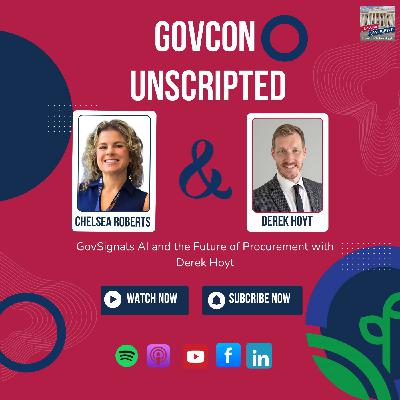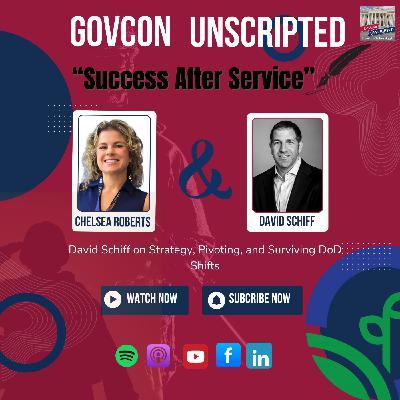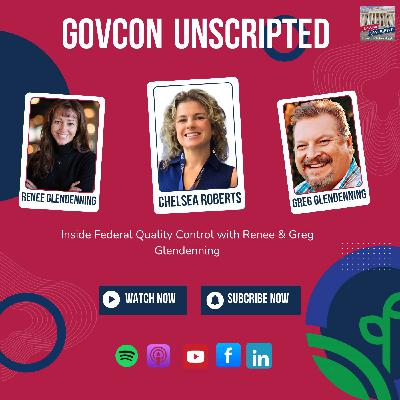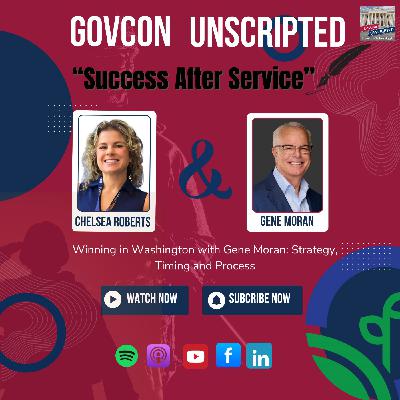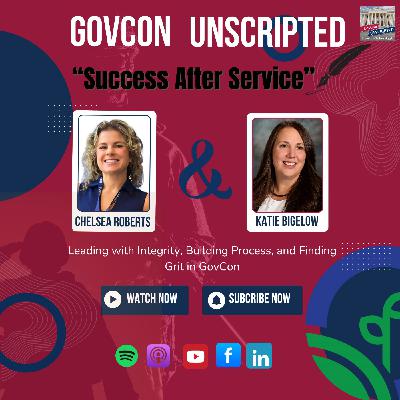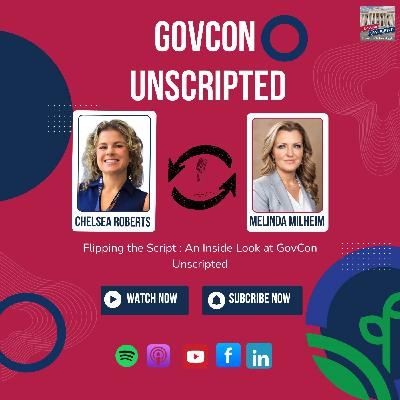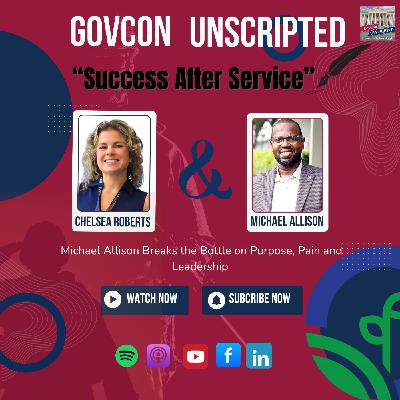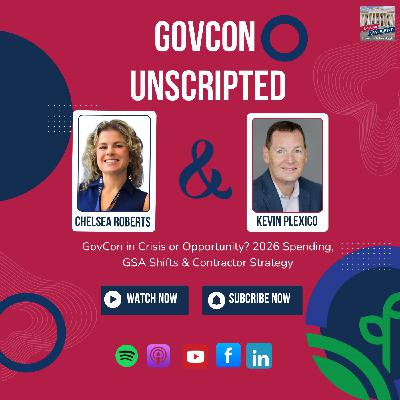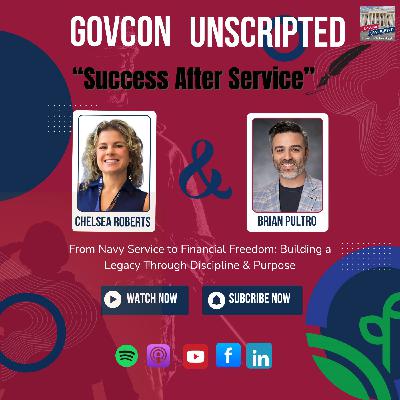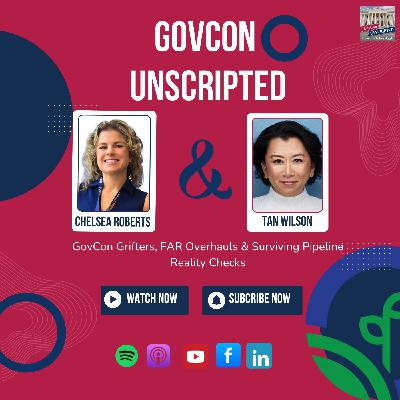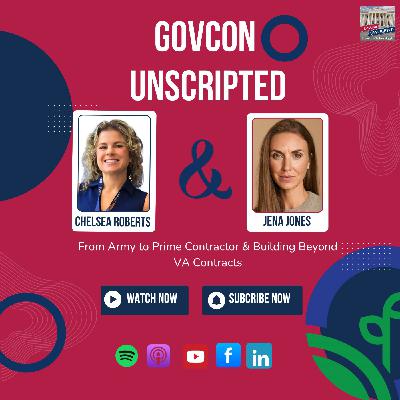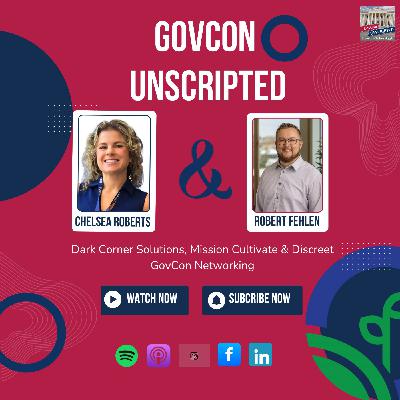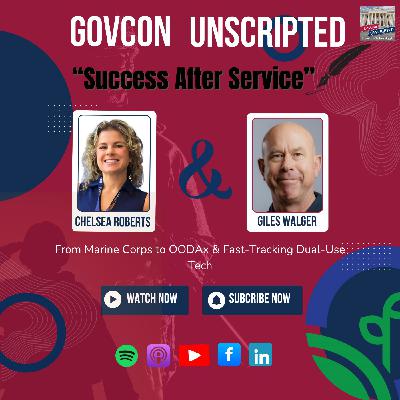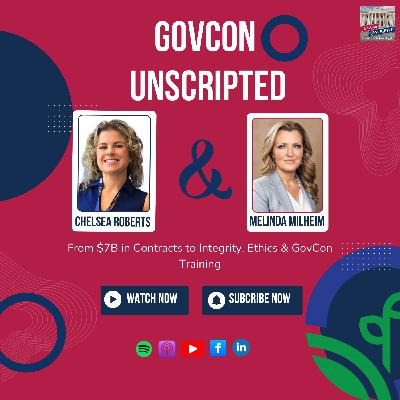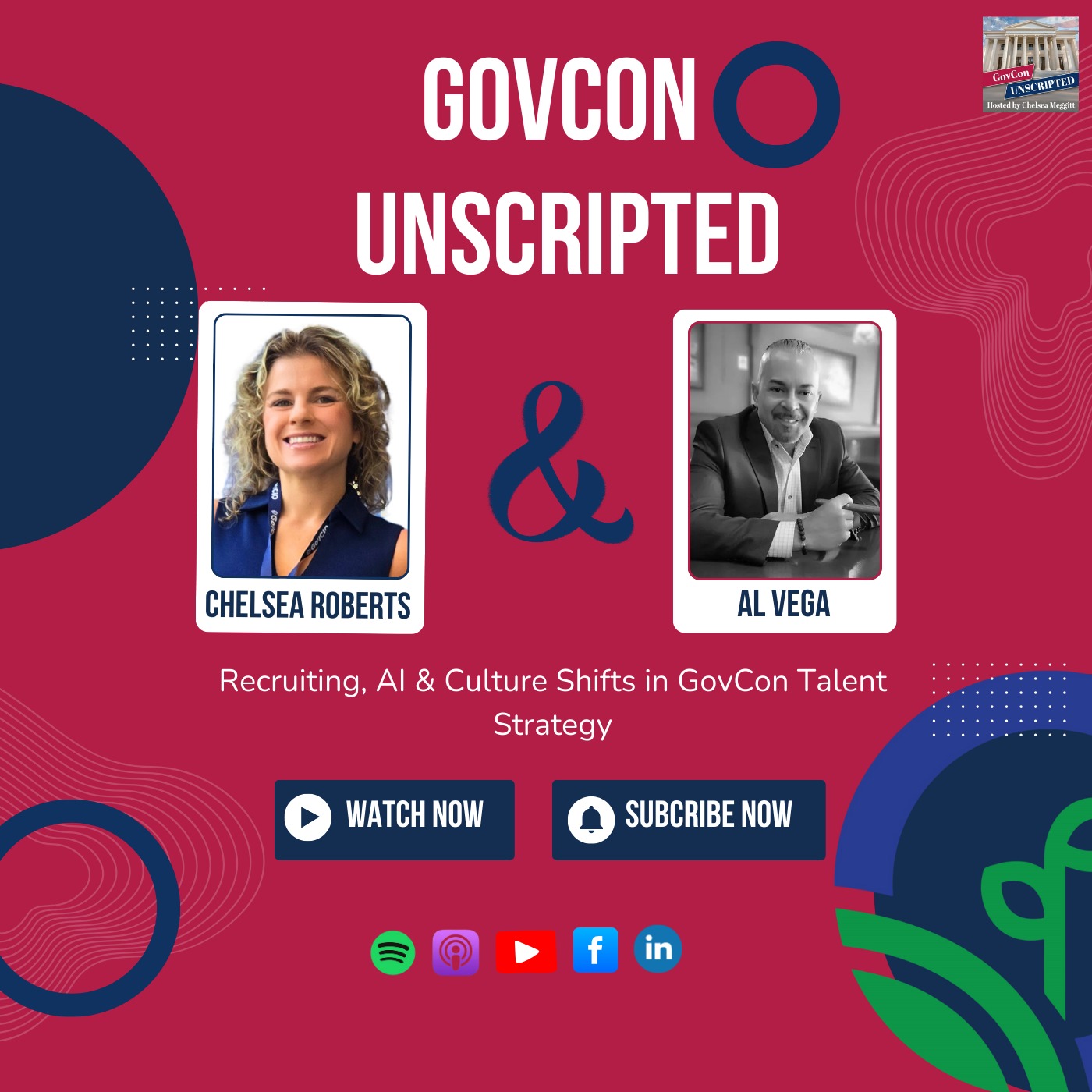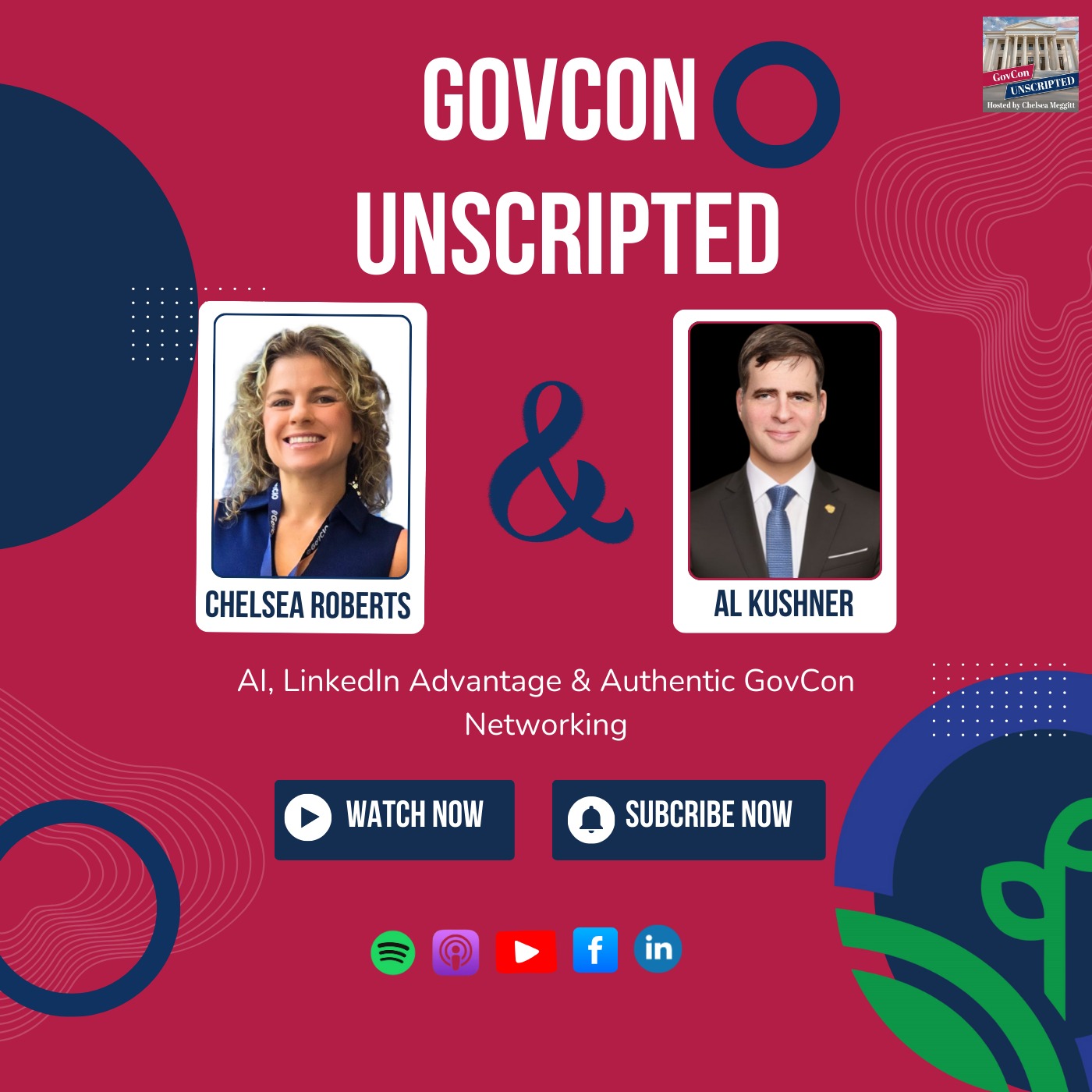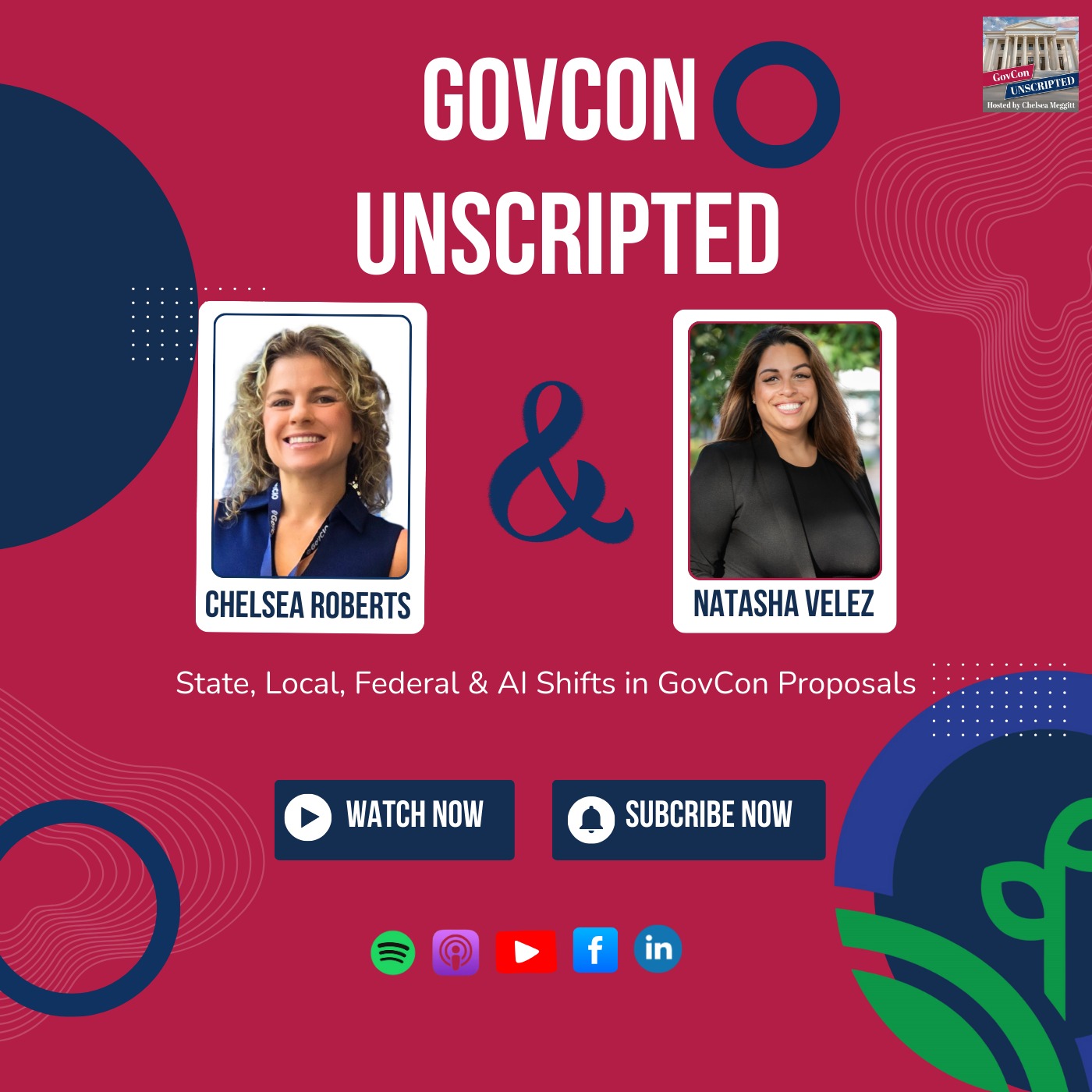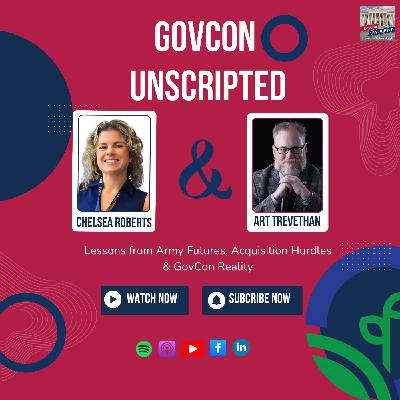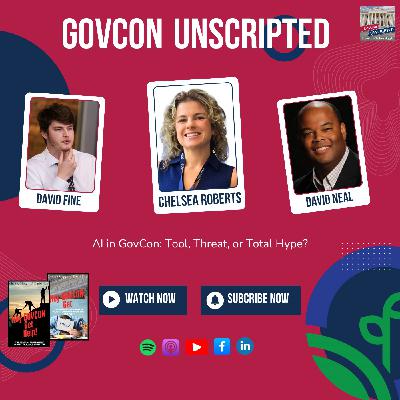Getting Through the 'Valley of Death' in Government Contracting
Description
I am your host Chelsea Meggitt, and welcome back to GovCon Unscripted. In this episode, I welcome Paul Wertz, a seasoned veteran of the world of government contracting and small business innovation. He joins me to share insights from his career at AT&T and how he came to found SherpaWerks, a company engaged in supporting federal initiatives and partnering with international businesses. We discuss some of the challenges that small businesses tend to face when transitioning from research and development to commercialization, which Paul calls the “Valley of Death.”
Paul’s experiences shed some light on the complexities around federal funding, the pitfalls of relying only on grants, and why building strong partnerships is so important. We also touch on his work with the Finnish defense sector and explore how cultural differences impact business strategies in the U.S. market. Paul shares some fascinating stories about helping these companies enhance their pitches, highlighting practical value over divisive buzzwords like “eco-friendly,” and identifying gaps in supply chains where innovative solutions can work.
Throughout the conversation, we reflect on some of the broader challenges that there are in government contracting such as shifting priorities, delayed programs, and the dire need for contingency planning. We also discuss how small businesses can stand out in a competitive field by developing unique intellectual property, making use of relationships, and actively looking for opportunities rather than playing the waiting game. I hope that you enjoy my conversation with Paul!
In This Episode:
[00:34 ] - Hear how, after retiring from AT&T, Paul founded SherpaWerks, focusing on government contracts and partnerships.
[03:52 ] - Paul discusses handling challenges such as security clearances, costs, and learning curves when implementing ideas.
[05:22 ] - Hear how a cybersecurity grant with the Army Cyber program saw setbacks because of shifting priorities and funding.
[08:01 ] - Paul has seen friends shift from government to civilian sectors for more predictable work.
[10:12 ] - Paul emphasizes eliminating waste and building long-term success through collaborations like with Finnish businesses.
[12:53 ] - In order to stand out, small businesses must offer unique value, such as intellectual property or strategic partnerships.
[15:06 ] - Paul shares how helping Finnish companies navigate U.S. business has involved teaching them networking and pitching skills.
[18:21 ] - Focusing on practical benefits first, like speed or cost, makes eco-friendliness a secondary selling point.
[20:28 ] - In-depth conversations help understand a company’s culture, goals, and readiness to enter the U.S. Market.
[22:37 ] - Paul explains how Finland has opportunities in construction, military resources, and partnerships.
[23:56 ] - Hear how, after leaving AT&T, Paul started his own business and found fulfillment in mission work with FEMA.
[26:25 ] - It's so important to align personal values with a company's goals.
[27:06 ] - Paul reflects on how leaving AT&T gave him more control over his direction and allowed him to work with whom he wants.
[28:04 ] - Chelsea shares how working from home during COVID connected her work and personal values, boosting her passion and efficiency.
[31:38 ] - Paul focuses on technology, networks, and cybersecurity and learns business strategies from entrepreneurial groups like TIE.
[33:15 ] - Ultimately, Paul helps businesses build strong networks, elevator pitches, and plans.
[36:40 ] - Paul shares his contact information.
Links and Resources:
AFCEA Atlanta Chapter’s Website


